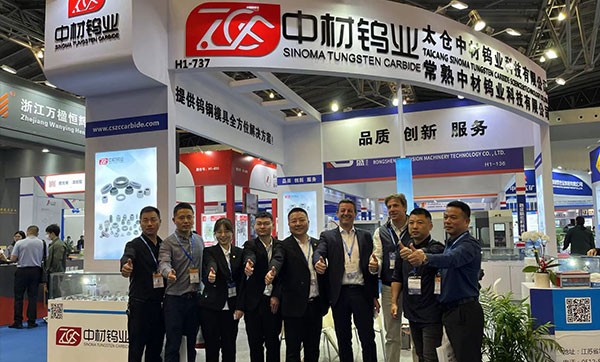In today's fast-evolving industrial landscape, manufacturers face increasing pressure to improve efficiency, reduce costs, and maintain high-quality production. Enterprise Resource Planning (ERP) systems have emerged as a game-changing solution, integrating all aspects of production—from supply chain management to financial tracking—into a single, intelligent platform.
By implementing an ERP system, enterprises can optimize workflows, enhance decision-making, and gain a competitive edge. This article explores the key benefits ERP systems bring to production processes.
Efficient production planning is critical to meeting demand while minimizing waste. ERP systems enhance scheduling by:
·Automating production workflows based on real-time demand and resource availability.
· Reducing machine downtime through predictive maintenance alerts.
· Improving order fulfillment speed with dynamic scheduling adjustments.
·Enabling just-in-time (JIT) manufacturing to align production with inventory needs.
Result: Smoother operations, reduced bottlenecks, and higher on-time delivery rates.
Poor inventory control leads to excess stock or shortages, both of which hurt profitability. ERP systems help by:
· Tracking inventory in real time (raw materials, WIP, finished goods).
· Automating reorder triggers to prevent stockouts or overstocking.
· Improving demand forecasting using AI-driven analytics.
· Reducing carrying costs through optimized stock levels.
Result: Lower storage costs, minimized waste, and better supply chain efficiency.
Maintaining product quality is crucial for customer satisfaction and industry compliance. ERP systems support quality assurance by:
· Monitoring production defects and identifying root causes.
· Enforcing standardized processes to ensure consistency.
·Maintaining full traceability (batch tracking, supplier records).
· Generating compliance reports for audits (ISO, FDA, GMP).
Result: Fewer defects, reduced recalls, and stronger regulatory adherence.
A well-coordinated supply chain ensures timely material availability. ERP systems enhance procurement by:
· Automating purchase orders based on real-time inventory needs.
· Evaluating supplier performance to ensure reliability.
· Reducing lead times with better logistics coordination.
· Mitigating risks through supply chain diversification insights.
Result: Faster production cycles, lower procurement costs, and fewer disruptions.
Manufacturers must control costs to remain profitable. ERP systems help by:
· Tracking production costs (materials, labor, overhead) in real time.
· Identifying inefficiencies (energy waste, excessive downtime).
· Improving budget accuracy with data-driven forecasting.
· Reducing paperwork & manual errors through automation.
Result: Higher profit margins and better financial decision-making.
Data-driven insights are essential for continuous improvement. ERP systems provide:
· Custom dashboards with KPIs (OEE, cycle time, defect rates).
· Predictive analytics for demand planning and maintenance.
· Integration with IoT & AI for smart manufacturing (Industry 4.0).
· Automated reporting for faster strategic decisions.
Result: Proactive management and improved operational agility.
Manufacturing involves multiple teams—production, sales, finance, and logistics. ERP systems enhance collaboration by:
· Centralizing data to eliminate information silos.
· Enabling role-based access for secure, relevant data sharing.
· Automating workflows to reduce delays and miscommunication.
·Supporting remote monitoring via cloud-based ERP solutions.
Result: Faster response times and better interdepartmental coordination.
As companies expand, their production systems must adapt. ERP systems support growth by:
· Handling increased production volumes without performance loss.
· Adding new product lines or facilities seamlessly.
·Integrating with emerging technologies (AI, robotics, blockchain).
·Supporting global operations with multi-currency and multi-language features.
Result: Future-proof operations that scale with business needs.
An ERP system is a powerful tool that transforms enterprise production by optimizing efficiency, reducing costs, and improving quality. From automated scheduling to real-time analytics, ERP solutions enable manufacturers to operate smarter, faster, and more competitively.
For enterprises looking to modernize their production processes, investing in a robust ERP system is no longer optional—it’s a strategic necessity for long-term success.
ZCCF Tungsten Carbide introduced an ERP system customize dfor our production two years ago, and is committed to providing customers with the best products and services. We welcome customers to consult and place orders.




